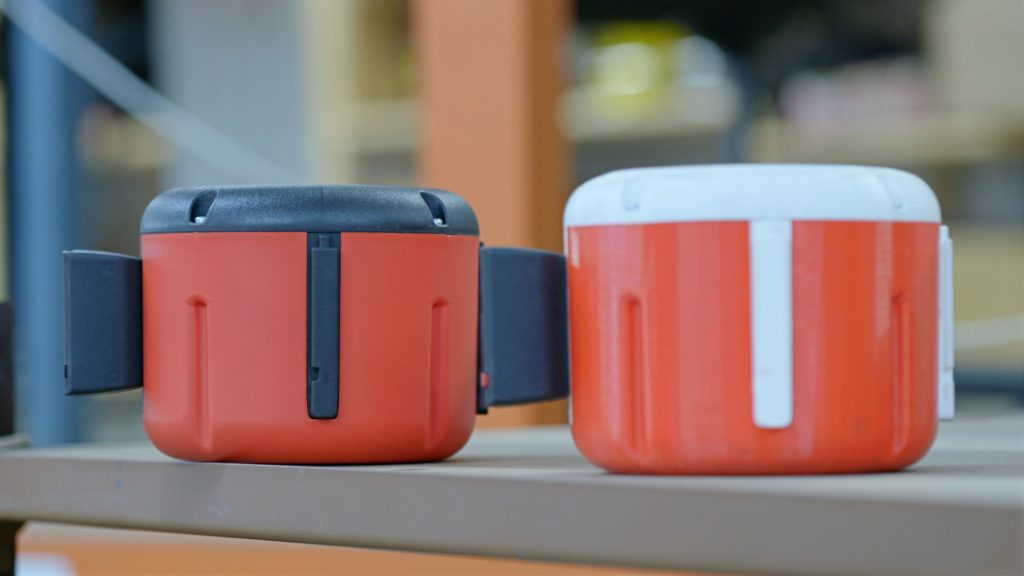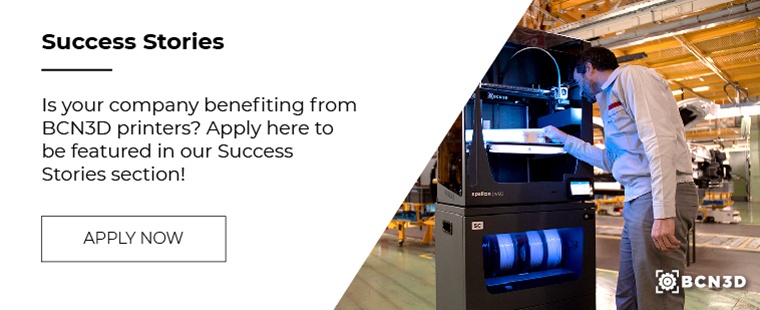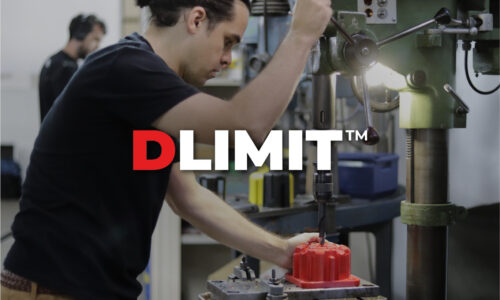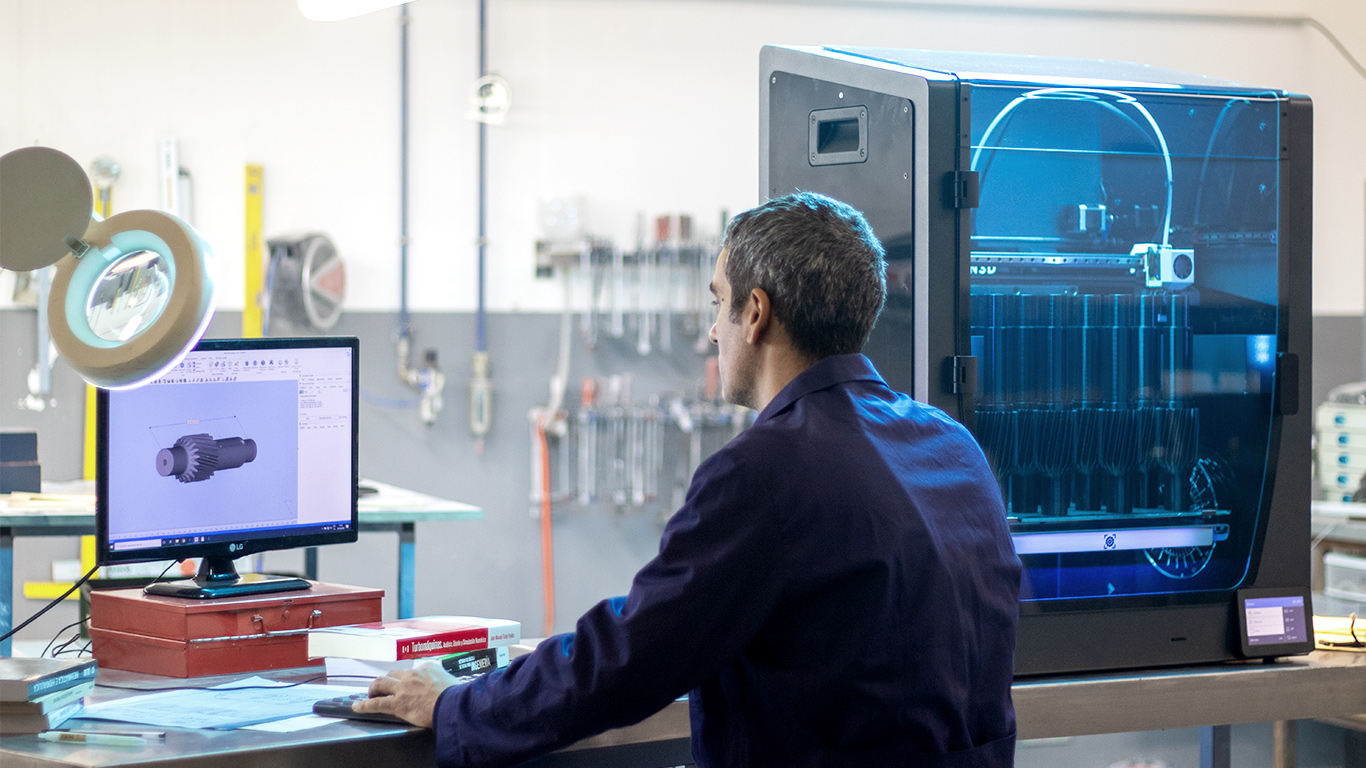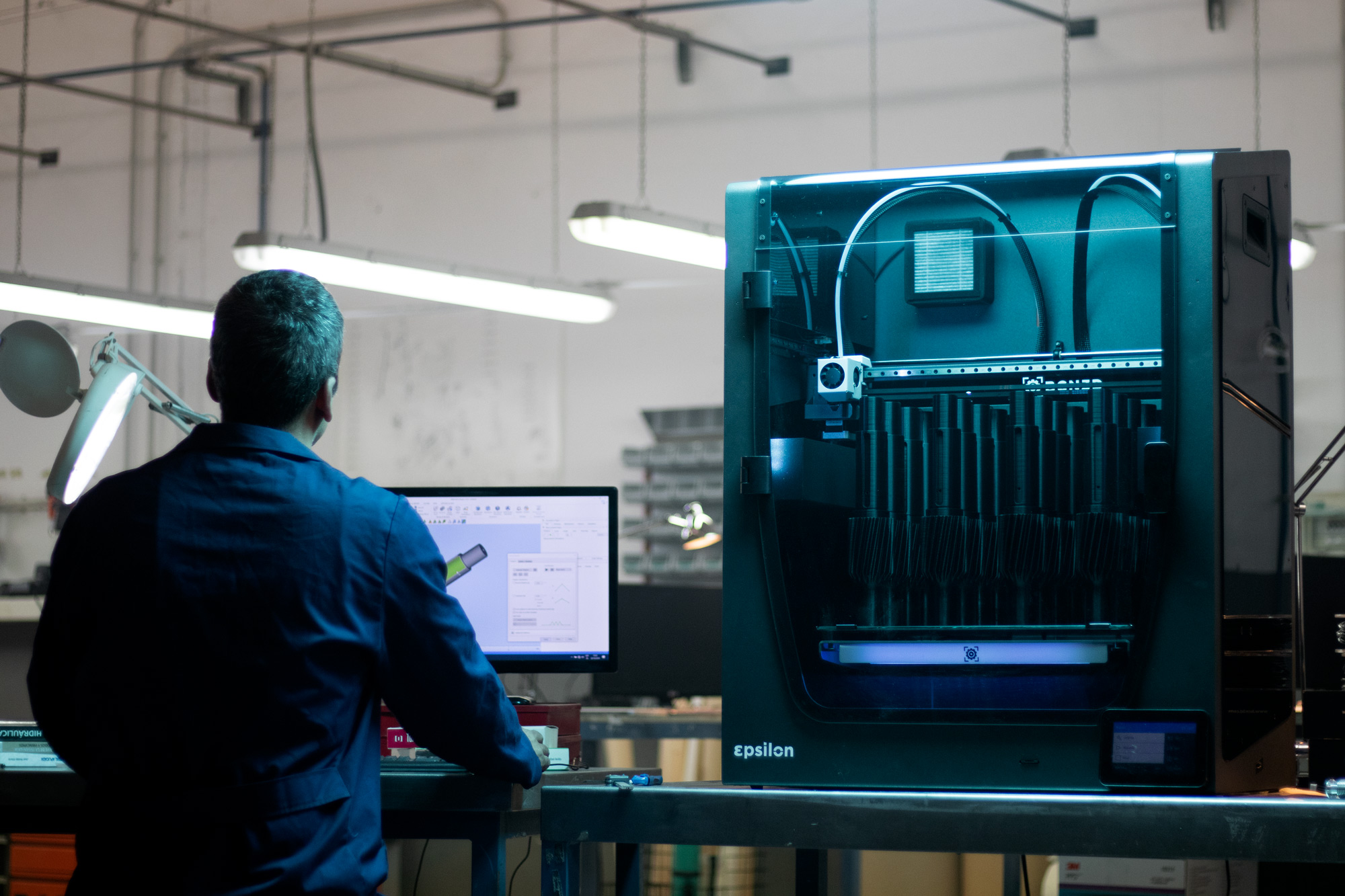Dlimit iterates to perfection thanks to 3D printing
Dlimit has revolutionized its workflow since incorporating 3D printing for functional validation on their product design process. This technology has enabled them to create many iterations of each part at a low cost, ensuring to always achieve the desired result when it comes to the development of their queue management systems.
If you’ve recently been to a museum, a concert or a movie premiere in Europe, chances are you’ve stood next to one of Dlimit’s products. From Barcelona to the world, Dlimit (formerly known as Tensabelt) designs, produces and distributes devices for queue management systems such as barriers, cones and roll-up belts.
Currently distributing over 10,000 injected plastic units across all of Southern Europe, the production team at the company quickly realized that they needed a quick and efficient solution for functional validation that would allow them to achieve better results in less time, in order to reduce their products’ time to market while maintaining high quality results. This is where our BCN3D Sigmax printers came in to save the day.
From a digital environment to the real world through 3D printing
Prior to integrating 3D printing, the product design team at Dlimit didn’t count on many functional prototypes of their designs before new pieces would be fabricated. “Before having our BCN3D Sigmax, we would mostly work in a digital design”, explains the company’s Global Production Manager, Clara Bazán. Due to the high costs of making prototypes, and the waits of at least a week per part, most of their designs would not leave the digital environment until it was time for production.
“This meant that we faced a high risk of making mistakes”, asserts Bazán, “because something that works on the digital world doesn’t always work in reality”.
Given the importance of counting on physical models, Dlimit decided to invest in in-house 3D printing, a decision that has changed forever their product design process: “additive manufacturing gives us a clear product evolution, as we are able to touch and feel each part while testing”, confirms Bazán, who adds that now they can “have a prototype in our hands in a matter of hours, instead of waiting on an external supplier for days”.
Fast iteration and low costs, the secrets to success for Dlimit
By fabricating the different versions of each piece through 3D printing, the Dlimit team can validate the volume, shape, joints, assembly and functionality of all mechanisms of their products.
The possibility of fast iteration ensures plenty of chances to re-develop each model as necessary, thus avoiding possible design mistakes that would be much more expensive to solve in the industrialization phase.
By incorporating 3D printing to this process, Dlimit has achieved not only significant time and cost reductions, but has also enabled an iterative design operation which ensures that each of their final products will always be its best possible version, keeping both the company and their clients across all of Europe secured and satisfied.
